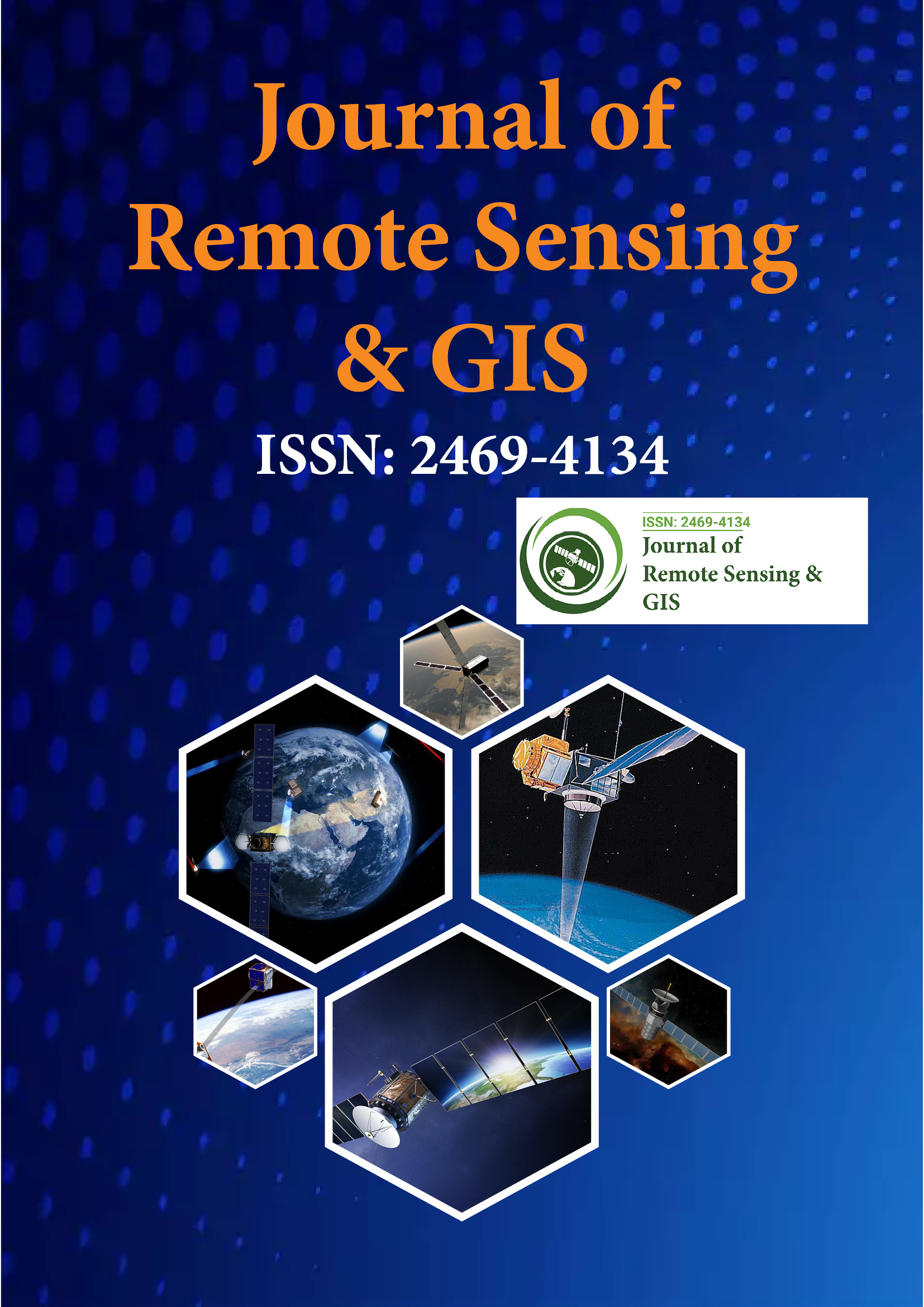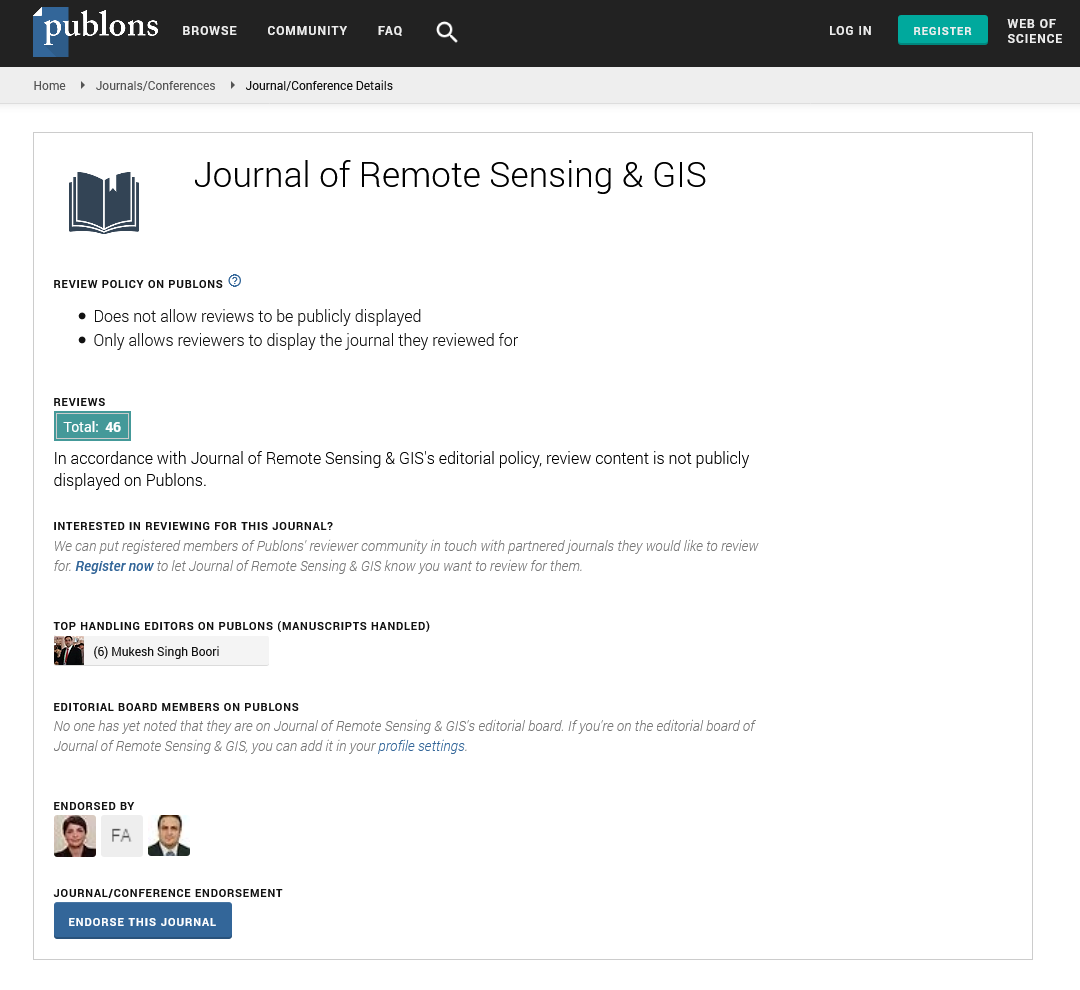Indexed In
- Open J Gate
- RefSeek
- Hamdard University
- EBSCO A-Z
- OCLC- WorldCat
- Publons
- International Scientific Indexing
- Euro Pub
- Google Scholar
Useful Links
Share This Page
Journal Flyer

Open Access Journals
- Agri and Aquaculture
- Biochemistry
- Bioinformatics & Systems Biology
- Business & Management
- Chemistry
- Clinical Sciences
- Engineering
- Food & Nutrition
- General Science
- Genetics & Molecular Biology
- Immunology & Microbiology
- Medical Sciences
- Neuroscience & Psychology
- Nursing & Health Care
- Pharmaceutical Sciences
Abstract
Monitoring Land-Use and Land-Cover Change in the Eastern Gulf Coastal Plain 3 using Multi- temporal Landsat imagery
Shufen Pan1, Guiying Li, Qichun Yang, Zhiyun Ouyang,Graeme Lockaby and Hanqin Tian
Rapid population growth and intensifying human activities have driven significant changes in coastal plains. As one of the largest coastal plains in the world, the U.S. Gulf Coastal Plain supports a huge population and provides numerous goods and ecological services to the human society. Spatial information on Land-Use and Land-Cover Change (LULCC) is essential for accurate assessment of human impacts on the structure and functioning of coastal ecosystems in this region. In this study, the Florida Panhandle region was selected as a case to characterize and detect changes in Land Use/Land Cover (LULC) in the Gulf Coastal Plain from 1985 to 2005. Landsat TM images in 1985, 1996 and 2005 were collected and processed to retrieve LULC information and to reflect temporal changes of major LULC types. Results indicated that urban areas expanded quickly and increased by about 79% from 1985 to 2005. Crop/pasture decreased from 1985 to 1996 but increased quickly during 1996-2005 by replacing large area of forestland in the eastern part of the study area. Forest/woody wetland increased from 1985 to 1996 but decreased in the later time period. Population growth and tree plantation were identified as the two major driving forces for LULCC in this area. Our results imply that urban sprawl and cropland/pasture expansion as well as tree plantation could potentially affect productivity, carbon and
nutrient cycling, as well as water quality in coastal ecosystems of the Gulf of Mexico. Uncertainties associated with satellite image classification and scale effect should be further addressed in future research.

